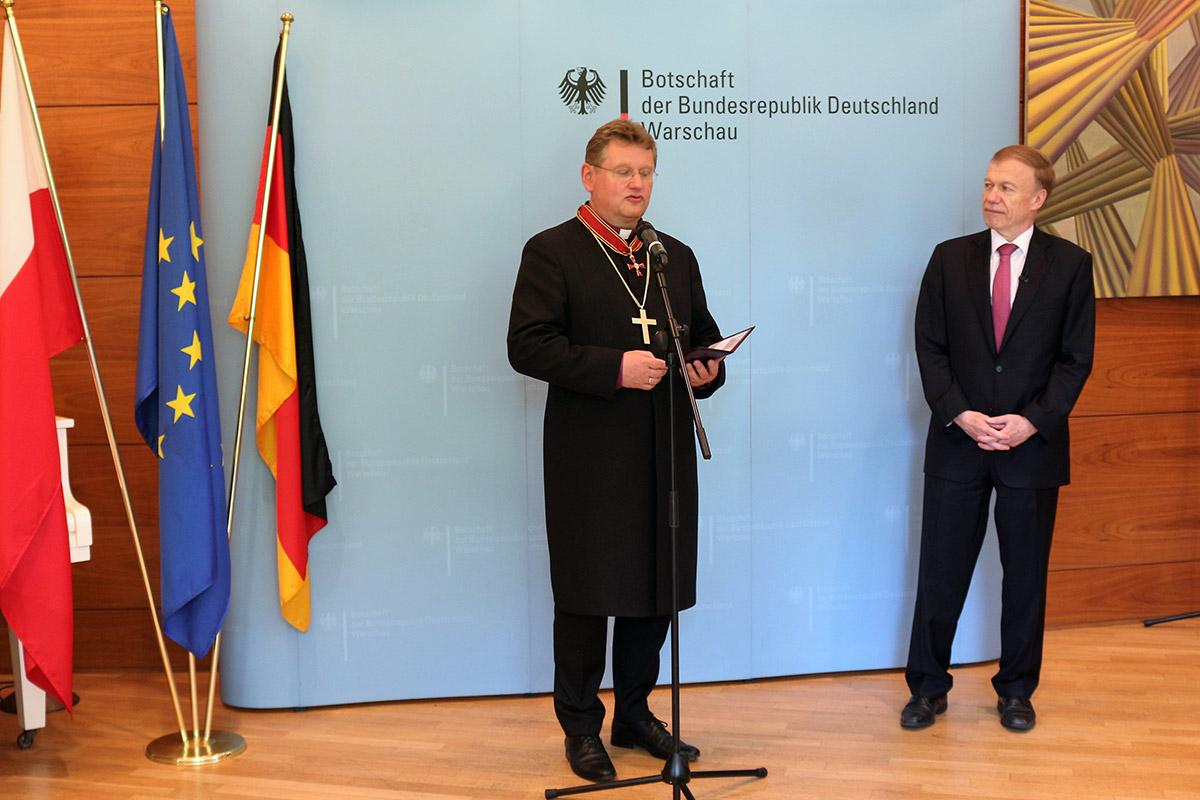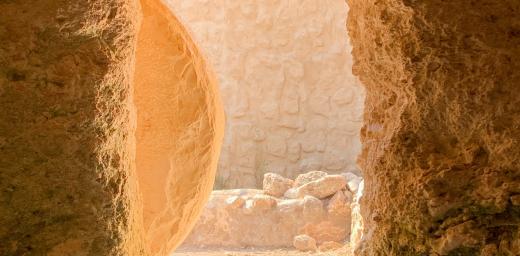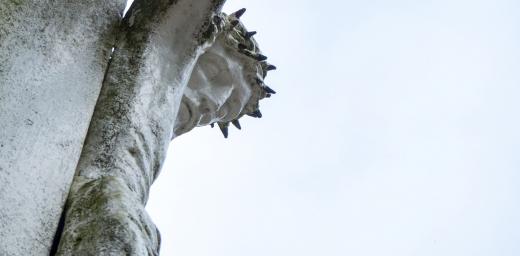Polish bishop Samiec Awarded for Work on Polish-German Reconciliation

Bishop Samiec, left, receives the award recognising his efforts to improve relations between his native Poland and Germany. Photo: Evangelical Church of the Augsburg Confession in Poland
Actively working for justice, peace and reconciliation in the public space
(LWI) The presiding bishop of the Evangelical Church of the Augsburg Confession in Poland has been awarded the Grand Cross of the Order of Merit of the Federal Republic of Germany in recognition of his contribution to Polish-German reconciliation and cooperation between churches across country borders.
Accepting the award, Presiding Bishop Jerzy Samiec said he saw it as recognition for the Polish Lutheran church for nurturing relationships with brothers and sisters in partner churches in Germany, following painful history between Poland and Germany, particularly during the Second World War.
Speaking to Lutheran World Information, Bishop Samiec said after the Second World War, the Evangelical Church of the Augsburg Confession in Poland, a member of the Lutheran World Federation (LWF), had been actively involved in reconciliation between Poland and Germany. German evangelical churches looked for ways of promoting mutual understanding, while formal partnerships between churches and parishes also helped strengthen relations. The emigration of Lutherans from Poland to Germany, who maintained a lively relationship with their former local congregations and with relatives who stayed also contributed.
Seeking mutual forgiveness and reconciliation
The award was presented to Bishop Samiec on 24 May at the embassy of the Federal Republic of Germany, in Warsaw, by Ambassador Rolf Nikel on behalf of German President Frank-Walter Steinmeier. It is the only federal decoration of Germany.
Accepting the award, Presiding Bishop Samiec discussed the challenges that faced previous generations in the fight for independence and recovery from war. Wounded by the tragedies of World War II they were "looking for a way to live after all that happened [...] That generation had to seek mutual forgiveness, as well as paths of reconciliation, building these paths of reconciliation. It is important that these roads were built."
The present generation faces challenges too, he said, stressing that "we should fight for peace, for maintaining partner relations that have been built with such effort and that can be so easily destroyed by various irresponsible statements and moves.” He said we should denounce xenophobia, revival nationalism, and exclusion, and work on creating an open society and an open church.
He encouraged people to seek opportunities to respond to words and deeds that come to the fore when hate speech arises. Bishop Samiec ended his reflection with the question, "What are we going to leave to our children and grandchildren? A world that will be divided or maybe a world in which people will live in peace and prosperity. A lot depends on our attitudes and us.”
We should fight for peace, for maintaining partner relations that have been built with such effort and that can be so easily destroyed.
A key role for reconciliation
In a letter congratulating Bishop Samiec on the award, LWF General Secretary Rev. Dr Martin Junge wrote that representatives of the church had not only begun the process of reconciliation between Poland and Germany, and also played a key role in it.
"As Bishop of the Lutheran church in Poland, you actively engage in public space to achieve justice, peace, and reconciliation in the world. An example of such participation is your clear voice regarding the need for refugee assistance and the initiation of educational programs aimed at understanding the situation of refugees and migrants."
The award was, he added, recognition of bishop Samiec’s personal commitment to peace, reconciliation and justice, and had “additional symbolic significance for the Lutheran Church in Poland as well the worldwide Lutheran communion.”
The Evangelical Church of the Augsburg Confession in Poland has been a member of the LWF since its founding in 1947.





